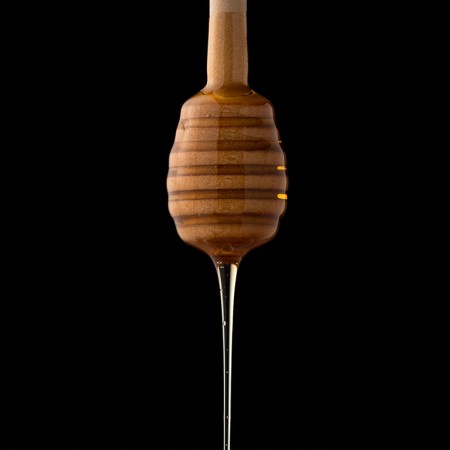As we age, is it more important to keep one’s blood sugar levels from getting too high or too low? In a perfect world, the answer would be “both” — but a growing number of doctors are now leaning towards a higher tolerance for higher blood sugar as we grow older.
As the Mayo Clinic and other experts have pointed out, hypoglycemia — when someone’s levels of blood sugar go below the standard range — is a condition that needs to be treated as quickly as possible. In a recent New York Times article, Paula Span explained why doctors working with older Americans are starting to emphasize preventing blood sugar levels from getting too low, even if that means that those same levels could go too high.
Dr. Sei Lee of the University of California, San Francisco told the Times that maintaining precise control of one’s blood sugar isn’t as important as one ages. “It was really important when you were 50. Now, it’s less important,” Dr. Lee said.
Span points out that medical guidelines on what blood sugar levels are considered “too high” have evolved over the years, with organizations like the American Geriatrics Society and the American Diabetes Association advocating for higher hemoglobin a1c levels for older Americans living with diabetes and other chronic conditions.
Study: Workouts Can’t Do Their Job If You Eat Too Much Sugar
Rewarding yourself with a donut after exercise is counterproductiveExperts have also observed that trying to control blood sugar too much as patients age can have negative effects on its own. Another expert cited in the Times article, Dr. Joseph G. Ouslander, criticized what he referred to as “the astoundingly high rates of overtreatment of diabetes in older people in general” in an editorial published last year in the Journal of the American Geriatrics Society.
As with managing any chronic condition, finding the right balance here is optimal. But what that right balance might be is very different for someone who’s 40 and someone who’s 80.
The Charge will help you move better, think clearer and stay in the game longer. Subscribe to our wellness newsletter today.



















